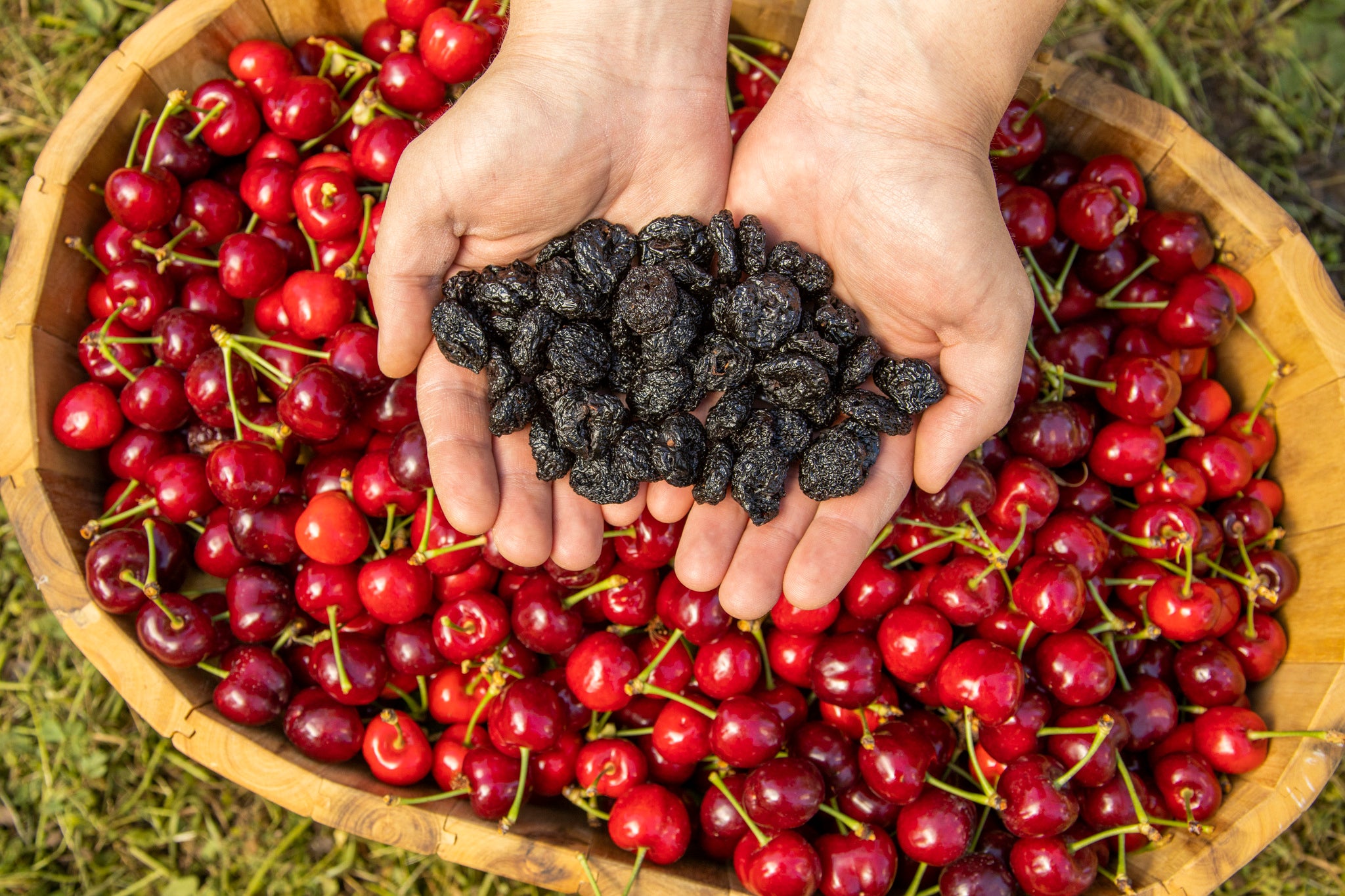UNDERSTANDING THE COMMON FIBC BAGS USED IN THE FOOD INDUSTRY

Flexible Intermediate Bulk Containers (FIBC) are large bags made of flexible woven fabric used to transport and store bulk quantities of products, including food items. The food industry relies heavily on FIBC bags to transport and store various dry, granulated, or powdered food products. These bags are designed to be efficient, safe, and cost-effective for bulk material handling.
Various types of FIBC bags are used in the food industry, ranging from standard bags to specialty bags designed to suit specific food products. Let’s look at them in more detail:
Standard Bags
A standard FIBC bag is designed for general-purpose use and is made of polypropylene material, which is durable, flexible, and resistant to moisture, chemicals, and UV rays. These bags come in various sizes, ranging from small bags for retail use to large ones that can hold up to 2,000 kg of food. Standard bags are used to store and transport food products such as grains, sugar, flour, rice, and salt.
Conductive Bags
Conductive FIBC bags are designed to prevent static electricity build-up, which can cause explosions or fires in sensitive environments. These bags are made with conductive fabric or threads, which helps to dissipate any electrical charge. They are commonly used in the food industry to transport and store combustible food products, such as powdered milk, cocoa powder, and sugar.
Barrier Bags
Barrier FIBC bags are designed to protect food products from moisture, air, and other contaminants. These bags are made of specialized materials that provide a barrier against water vapor, oxygen, and other gases. Barrier bags are commonly used to transport and store food products such as nuts, dried fruits, and spices.
Ventilated Bags
Ventilated FIBC bags are designed with small perforations in the fabric to allow air to circulate through the bag. These bags are used to store and transport food products such as potatoes, onions, and garlic, which require ventilation to prevent moisture build-up and rotting.
Baffle Bags
Baffle FIBC bags have internal baffles that help the bag maintain its shape and stability when filled with bulk material. These bags commonly transport and store food products such as grains and flour, which require stability during transport and handling.
Container Liners
A container liner is a specialized bulk bag designed to fit inside a shipping container to protect food products during transit. These bags are made of various materials, including polyethylene, polypropylene, and aluminum foil. Container liners transport food products such as rice, sugar, and flour.
Anti-static Bags
Anti-static FIBC bags are designed to prevent the build-up of static electricity, which can cause explosions or fires. These bags are made with conductive fabric or threads and are commonly used to transport and store food products such as powdered milk, cocoa powder, and sugar.
Summary
The food industry relies heavily on FIBC bags to transport and store bulk food products. With the right choice of FIBC bags, the food industry can ensure the efficient, safe, and cost-effective handling of bulk food products, maintaining the quality and safety of the products throughout the supply chain.



